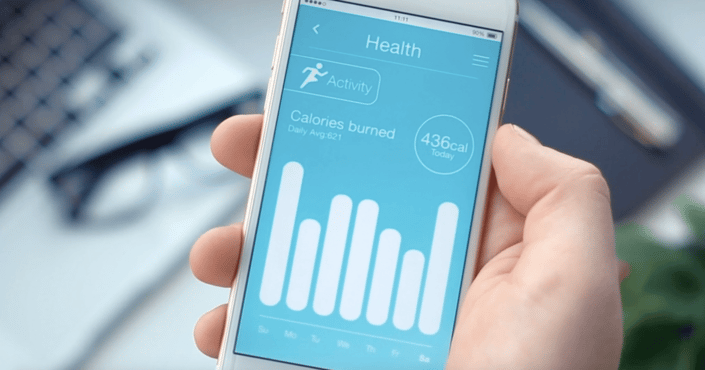Nutrition after bariatric surgery might seem overwhelming. We have all heard of calories, but what they actually do? Calories are what make our bodies run; they are the gas to our tank. Calories are needed for our organs to function and for our brains to work; they are what allow us to live. Fat has nine calories per gram while protein and carbs have four calories per gram. If you want pure weight change, counting calories is enough and will yield results. However, if you track and control your individual macronutrient levels, results will be far more favorable to weight loss.
What are Calories?
Calories are a unit of energy. On nutrition labels, calories let us know how much energy we are getting from that food source. Thus, if you eat 600 calories, you’re getting 600 units of energy.
Calories are measured through a process of burning the food item—sounds interesting, right? Let’s take a piece of white bread; scientists will place the bread in a sealed container surrounded by water. They will then proceed to heat the food until it is completely burned. The rise in water temperate determines the amount of calories that are in the piece of bread.
How Many Calories Should I Consume?
Every individual requires a different amount of calories per day depending on their age, height, sex, and activity level. The amount of calorie consumption has to do with metabolism, hormone levels, and how much energy you burn throughout the day. In general, men who are taller, younger, and more active need to consume more calories. Whereas women, people who are shorter, older, and live a more sedentary life, need to consume less.
Individuals who consume an excess of calories, especially bad calories (i.e., processed foods), are more susceptible to weight gain because calories in excess will be stored as fat.

When trying to determine how many calories you should be consuming in a day, we first recommend talking with your bariatric surgeon’s office as the amount will vary based on how far out you are from surgery.
There are calorie calculators out there that take into account your height, weight, age, and sex to calculate your resting metabolic rate, which is the number of calories your body burns when you are at rest. However, they are not always completely accurate, especially if you are trying to lose weight or maintain your weight loss post-surgery.
In general, we recommend bariatric patients consume anywhere from 1,000 to 1,200 calories a day, which will vary based on the factors mentioned above.

Macronutrients for Bariatric Patients
Macronutrients (“macros” for short) are the components of food that we consume in large quantities that provide energy in the form of calories—fat, protein, and carbohydrates. Macros provide the bulk of our body’s energy, and all 600
Many people who are looking to lose weight or build muscle count their “macros,” typically on a ratio. For example, a person looking to build muscle and lose fat will have a 50% protein, 35% fat, and 15% carbohydrate ratio.
For a bariatric patient, though, I typically recommend 40% protein, 40% fat, and 20% carbohydrates. So if you’re one-year post-op and eating 1,000 calories, you will eat 100 grams of protein, 44 grams of fat and, 50 grams of carbs.
There are four calories per gram of protein, four calories per gram of carbohydrates, and nine calories per gram of fat.
Why You Should Count Your Macros?
An advantage to counting macros is that you are more in control of the types of foods you are eating, and it helps hold you accountable to eat the right amount of food. Some people overeat while some under-eat – I see that a lot with bariatric patients less than six months post-op. By counting macros, you will ensure you’re meeting your caloric and percentage needs.
Another advantage is that it provides mindfulness to any imbalance you may have with your current intake. Some people may realize they are eating way too many carbohydrates while not eating enough protein or overeating protein but not enough fat. Once you start tracking your intake, which I HIGHLY encourage, you may notice the macros you are over sufficient or insufficient in.
Counting macros can also be suitable for anyone who feels deprived of certain foods. I do not advise bariatric patients to have carbs within the first six months and to focus mainly on protein. As I have seen, the most common carb missed is fruit. Once you hit six months post-op and are allowed to eat a few carbs, counting macros allows you to moderate your choices a bit more than a rigorous denial of certain foods.
One big con for counting macros though is that it does not take into account food quality – only quantity. I have seen people eat pop tarts as a meal because they have not had any carbs for the day and decide to use their carb % on simple carbs. Our bodies react differently to 100 calories of oatmeal vs. 100 calories of potato chips. You will be far more hungry earlier on eating potato chips than you would oatmeal.
Being aware of calories and macronutrient levels can help you make informed, healthy food choices while also focusing on your weight loss goals. We recommend you reach out to your bariatric clinic to gain more insight into how many calories and macros you should be consuming at the stage you are in post-weight loss surgery.

